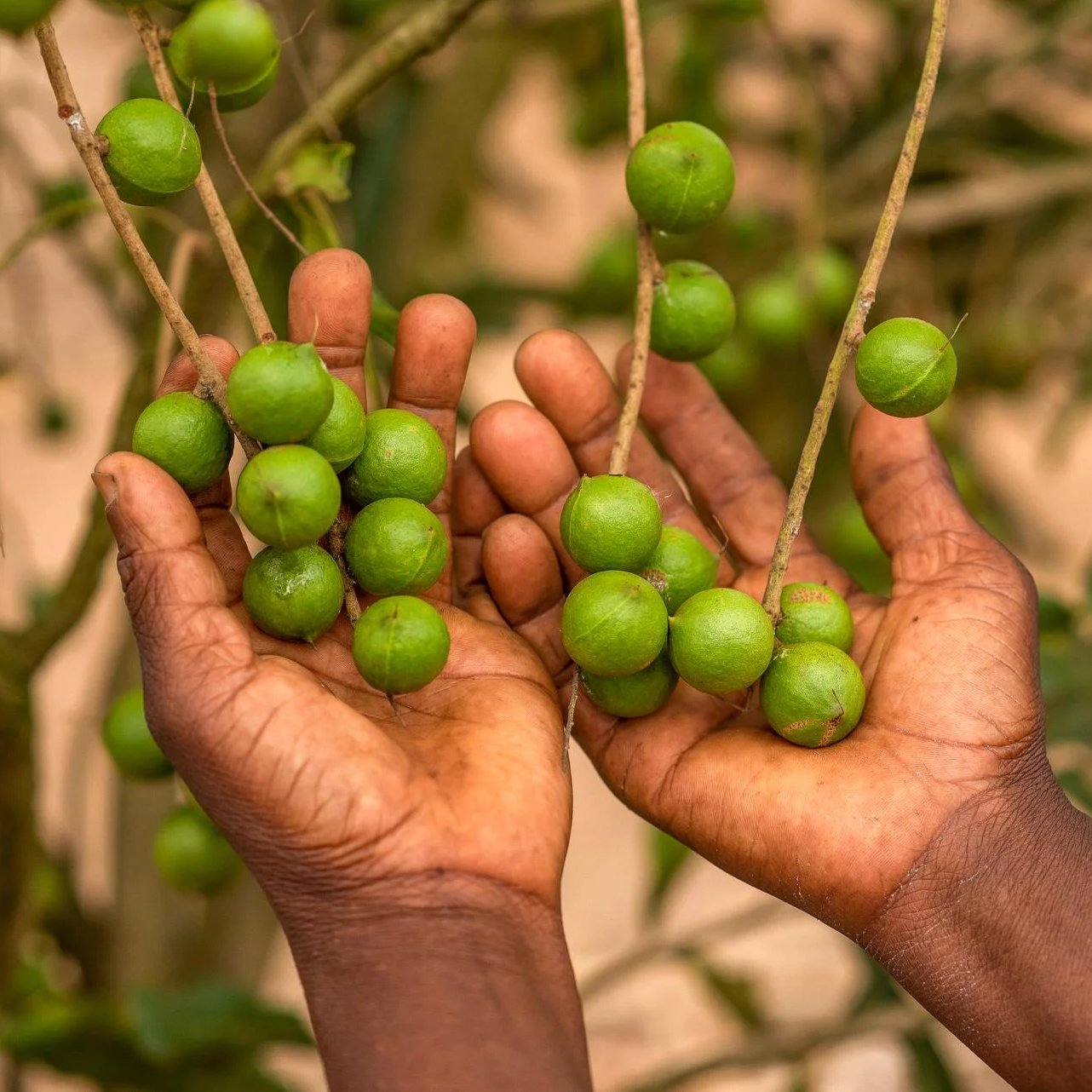The Government is ready to engage macadamia processors and exporters if they are ready to offer farmers better pay, Deputy President Rigathi Gachagua has said.
Speaking when he opened the Agricultural Society of Kenya Mombasa International Show on Thursday, the Deputy President said the government is ready for a discussion on minimum returns before any action of stopping farmers from exporting directly.
“Macadamia processors want us to stop farmers from exporting raw products of macadamia. The Ruto Administration has no problem with that provided we sit down and agree on a minimum return, which should not be below what the farmers are earning today. If they are amiable to that discussion, we have agreed with the Cabinet Secretary of Agriculture Dr Andrew Karanja to engage them as early as tomorrow,” he said.
The Deputy President said the processors must pay what the farmers are earning now or more, between Sh100 and Sh150 per kilogramme.
Deputy President said the farmer, irrespective of the subsector is king, therefore, there is no going back on taking short term measures to cushion them from exploitation.
On coffee, he said the Government is working on compliance with the European Union Deforestation (EUDR) by December 30, 2024, to enable farmers continue accessing the European market, Deputy President Rigathi Gachagua has said.
Gachagua said the EUDR reinforce the ongoing reforms in the Coffee Subsector, moreso traceability of the produce from the farm to the cup of the consumer.
The EUDR require importers and exporters of coffee, timber, palm oil, cocoa, rubber, among others, to carry out due diligence to show that these items were not sources from land where forests were cut down after December 2020. It is part of the EU’s strategy of fighting Climate Change through sustaining forests in countries of origin.
“The Government agencies have the requisite and sufficient data to set up a due diligence system. We have started the process of ensuring our coffee farmers comply by December 30, 2024 deadline. The Government has mobilised Ministries, State Departments and Agencies to form an Inter-Ministerial committee to fast-track compliance with the EU market requirements,” the Deputy President said.
The EU imports more than 55pc of Kenyan coffee. In the year 2022/2023, Kenya exported 48,000 MT and the country aims at 60,000 MT in 2024/2025. With the support of the ongoing reforms in the coffee subsector, spearheaded by the Deputy President, Kenya is working to raise the export up to 102,000 by 2027.
“Towards this initiative, the Government has supported farmers in four Counties with 49,000 seedlings. For the Financial year 2024/25, we have an additional allocation of KSh 3 Billion for the Coffee Cherry Revolving Fund and a further Ksh 2 Billion for the coffee debt waivers, hence, alleviating cashflow challenges faced by our farmers,” he said insisting that the coffee tea, dairy, avocado, cotton, coconut, macadamia, and other subsector reforms will continue until the farmer has more money in their pocket.
The Deputy President said the Government banks of technology to drive sustainable farming for economic growth as undepinned by the Bottom-Up Economic Transformation Agenda.
“We are compelled to devise and adopt Climate resilient technologies to surmount challenges in the production chain. The exhibitions here have presented the best innovations. We have identified potential nascent ideas for incubation and nurturing to maturity and industrial application, for the benefit of our farmers,” he said.





